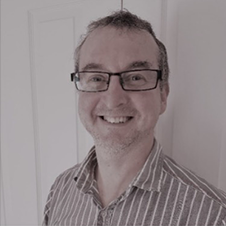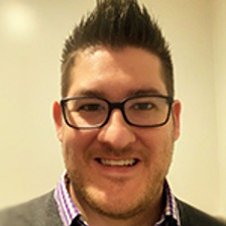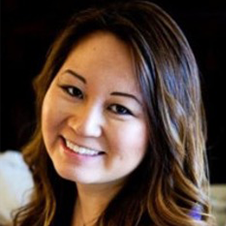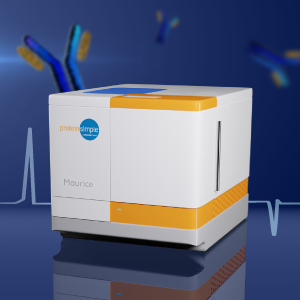Part 1: Using an Automated CE-SDS Platform in Efficient Biosimilar Comparability Studies
Speaker: Dr.
Richard L.
Easton, Technical Director of Structural Analysis, BioPharmaSpec
The route to market for biosimilars places strong emphasis on characterization tools for establishing comparability between biosimilar and innovator products.
Addressing analytical challenges in fast-forwarding biosimilar development processes requires implementing sophisticated analytical instruments with advanced technologies.
The ICH Q6B, cited by both EMA and FDA, highlights electrophoretic data as an important part of the molecule’s full structural characterization.
In the first part of the webinar, Dr.
Richard L.
Easton, Technical Director of Structural Analysis at
BioPharmaSpec, will present data from studies with monoclonal antibodies, heavily glycosylated species and PEGylated species showcasing how CE-SDS with Maurice can be used to provide reliable insights into the structure of different types of biopharmaceuticals, including
assessments of size heterogeneity, presence of partial species in monoclonal antibody preparations, impurity analyses, and batch to batch comparability.
Part 2: Characterization of Maurice CE-SDS PLUS for USP <129> SuitabilitySpeaker: Chris Heger, Ph.D., Director, Applications Science, Bio-Techne
Capillary electrophoresis sodium dodecyl sulfate (CE-SDS) has become the gold standard technique for the quality-control of therapeutic mAbs and proteins due to its ease of implementation, robustness, and reproducibility, replacing the more traditional and labor-intensive technique such
as SDS-PAGE gel.
In the second part of the webinar, Dr.
Chris Heger will discuss how they used the monoclonal IgG System Suitability Reference Standard developed by U.S.
Pharmacopeia (USP) to assess the rigor and robustness of an optimized Maurice™ CE-SDS PLUS method compared to the recommended USP protocol provided in monograph <129>, and show how this optimized method demonstrated less fragmentation compared to the USP <129> method, was less
susceptible to sample injection variations, and provide comparable data to the USP <129> monograph for mAbs.
What you’ll learn in this webinar:
• Crucial insights into the structure of mAbs, heavily glycosylated species, and PEGylated species
• Information on size heterogeneity, partial species in mAbs, and other impurities
• Reproducible batch-to-batch comparisons
• A USP <129> suitable
CE-SDS method for comparable data, less fragmentation, and low injection-induced variations.
Speakers
 |
|
Dr.
Richard L.
Easton
Technical Director- Structural Analysis
BioPharmaSpec
|
Richard obtained his Ph.
D.
in glycoprotein structural characterization using mass spectrometry from Imperial College of Science, Technology and Medicine.
He subsequently spent several years there as a postdoctoral research scientist, involved in the detailed structural analysis of glycoproteins derived from systems expressing unusual glycosylation profiles.
Following this research, he moved to GlaxoSmithKline as Head of Mass Spectrometry for the toxicoproteomics and safety assessment group.
Richard joined M-Scan Limited (now part of SGS Life Sciences) in 2003 as a biochemist and became the Team Leader for Carbohydrate Analysis before being appointed Principal Scientist.
In 2016, Richard joined BioPharmaSpec as Technical Director for Structural Analysis and is responsible for management of all aspects of carbohydrate and glycoprotein characterization.
|
 |
|
Chris Heger, Ph.
D.
Director, Applications Science
Analytical Solutions Division
Bio-Techne
|
Chris Heger, Director of Applications Science for the Analytical Solutions Division of Bio-Techne, received his doctoral degree in Pharmacology from Cornell University and completed his post-doctoral training at the
National Cancer Institute in Antibody Development, Purification and Technology Evaluation.
Chris then joined ProteinSimple, a Bio-Techne Brand, where he has worked for nearly 10 years.
Starting as a Field Applications Scientist, and subsequently further building the East Coast support team as Field Manager, Chris developed broad but deep understanding of the instrumentation and their application across diverse research areas.
Chris moved to California to lead the Applications Science group, chartered with creating scientific collateral, fostering collaborations, training, and application development.
Chris is an expert in immunoassays, capillary electrophoresis, protein and antibody purification, and chromatography.
|
|
Moderator
|
 |
|
Bonnie Edwards
Product Manager, Biologics
Bio-Techne
|



